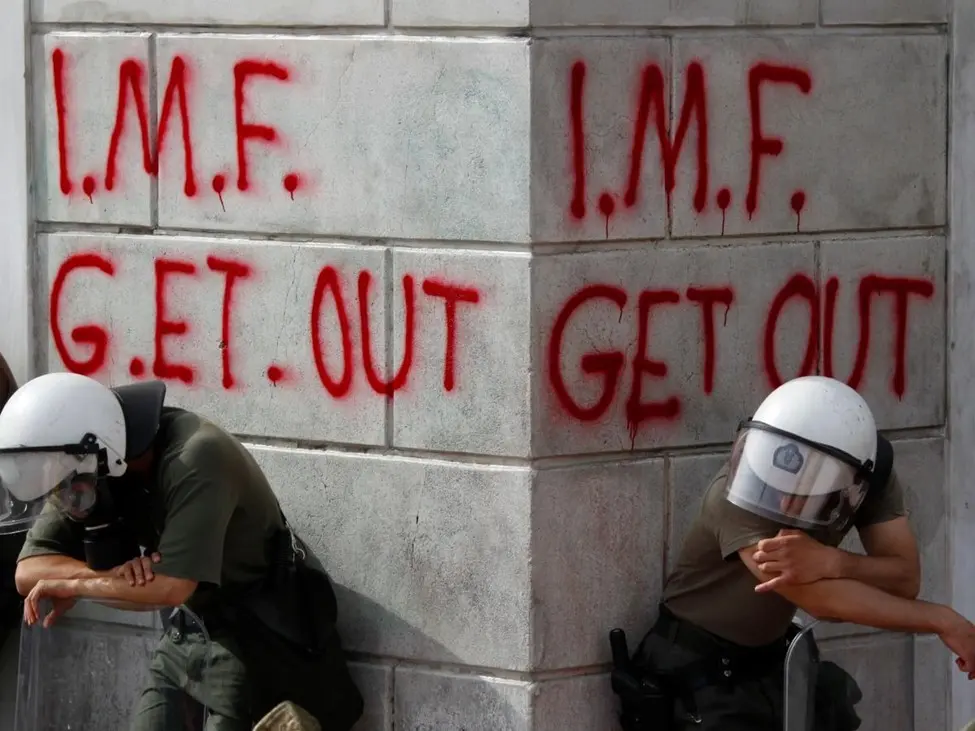4 Aug 2024
Saudi Arabia’s Economic Ascent and Persistent Challenges
With GDP of more than $1 trillion USD, Saudi Arabia is the largest economy in the Middle East. A country well-known for its enormous oil reserves has been making significant steps to alter its position in the global economy. These reforms are part of a bigger plan to diversify the country’s economy and lessen its dependency on oil revenues. Consequently, the evolving economic landscape of Saudi Arabia will be explored, with a focus on its diversification efforts, investment strategies, and the obstacles it must overcome to emerge as a global leading economy.
23 May 2024
China’s Economic Slowdown: Strategic Responses and Global Implications
China, despite being the second-largest economy globally, encounters challenges such as a distressed real estate sector, reduced domestic consumption, and high debt levels. In response to these obstacles, the government is enacting policies aimed at encouraging domestic spending, mitigating the real estate downturn, and cultivating innovation to ensure sustainable development. The way these measures are implemented will not only impact the economic trajectory of China, but also that of the entire world.
6 Nov 2023
Israel’s War is Testing its Economic Resilience
The conflict between Hamas and Israel has been ongoing for the past four weeks, resulting in a devastating loss of life. Over 9,056 Palestinian casualties have been reported, while the Israeli side has suffered approximately 1,728 casualties. In addition to the profound human casualties, the conflict has negatively impacted the Israeli economy and is testing its resilience.
10 Apr 2023
IMF Policies in Countries in Crises: Helping of Harming?
The world is probably facing one of the worst debt crises in decades. The disruption of global supply chains caused by Covid-19, which resulted in shortages of many items and higher prices, caused more pressure on the international balance of payments and led to this high-level debt crisis. The Russia Ukraine conflict added to these inflationary pressures, and the United States (US) Federal Reserve's move to raise interest rates to combat US inflation has driven the dollar's value to its highest level in twenty years. As a result, countries that borrowed money in dollars now have more expensive debt since their currencies are worth less, which drives up the price of their imports even more. Consequently, developing countries turned to the International Monetary Fund (IMF) for financial support as a result of all these factors in order to deal with their debt crises and economic instability. The IMF in its turn grants loans to countries subject to the adoption of a number of harsh and rigorous economic reforms. Because of its austerity policies and conditionality, the IMF has come criticized and the question of whether the countries in crises actually benefit or suffer harm from the IMF has been raised. To evaluate the success of IMF policies, examples of countries that have benefited from IMF policies need to be examined to answer this question.



